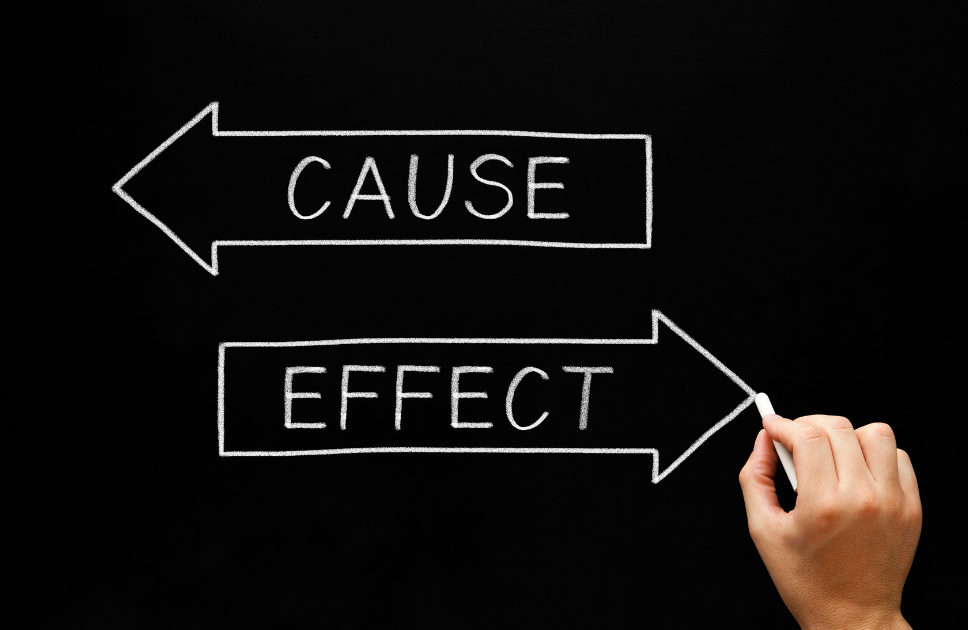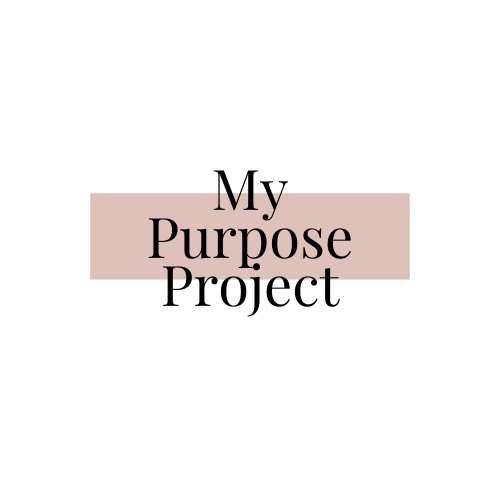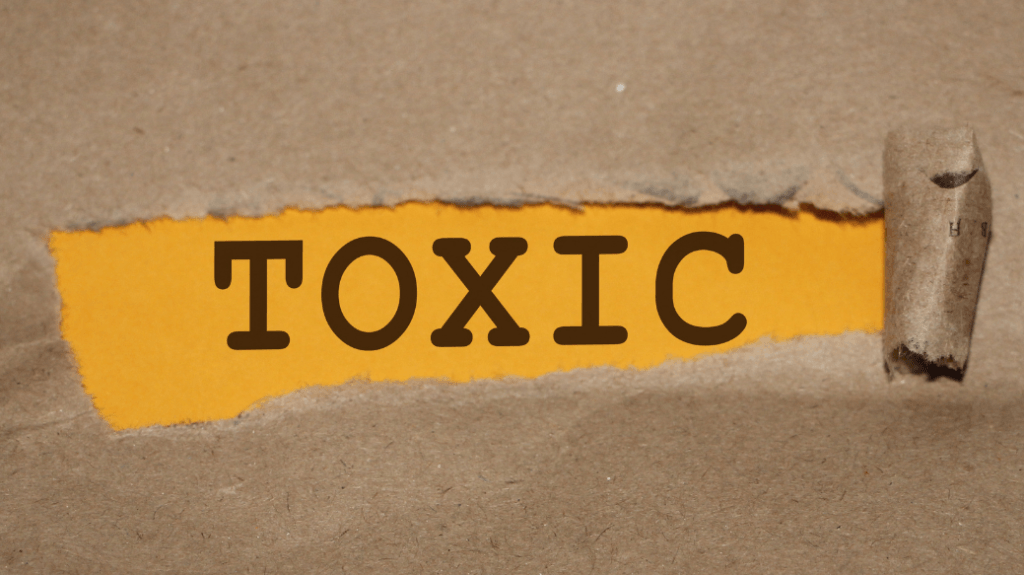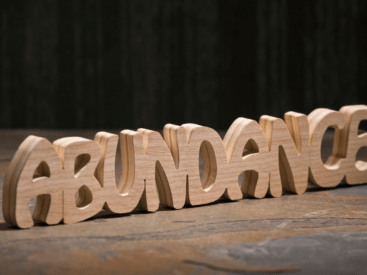We often find ourselves caught in cycles of behavior, thoughts, and relationships that seem to repeat endlessly. Some of these cycles are positive, nurturing our growth and well-being.
However, others can be toxic, chaining us to destructive habits, draining our energy, and hindering our personal development.
Understanding and addressing these behavior patterns is essential to our evolution.
In this article, we’ll delve into the concept of toxic cycles, shedding light on why they occur, how they affect us emotionally, and, most importantly, how to break free from their grasp.
Let’s dive in.
What Are Toxic Cycles?

Toxic cycles are recurring patterns of behavior, thought, or interaction that have adverse and detrimental effects on our mental and physical health, personal growth, and overall quality of life.
These cycles are often self-perpetuating, trapping us in a loop of damaging habits, emotions, or circumstances.
They can be displayed in various aspects of our lives and hinder our progress, causing distress, stagnation, and sometimes even harm.
These destructive cycles can take on different forms. For instance, in relationships, they might be exhibited through codependency or emotional abuse. At work, individuals can find themselves stuck in burnout cycles or battling negative self-talk.
Personal habits and lifestyle choices may result in addictive behaviors or perpetual procrastination. Financially, toxic behavior can cause debt spirals or compulsive impulse spending.
These are just a few examples, but they can permeate every facet of your life, ultimately impeding your potential for self-improvement and optimal health.
How to Recognize Toxic Cycles?

Recognizing toxic patterns of behavior is a pivotal step in liberating yourself from their effects.
Next, let’s look at some of the red flags indicating you may be caught up in negative cycles.
Repetition: One of the most apparent signs is the repetition of negative behaviors, emotions, or outcomes.
It may be a sign of a toxic cycle if you find yourself continually facing the same problems or making the same mistakes.
Emotional Drain: Constant exposure to toxic environments often takes an emotional toll.
If you frequently experience frustration, anxiety, sadness, or hopelessness in a particular situation or relationship, it’s worth examining for toxicity.
Negative Impact: Assess whether these cycles hurt your life, relationships, or well-being.
Are they preventing you from reaching your goals or causing harm to yourself or others?
Self-Sabotage: Observe whether you engage in self-sabotaging behaviors that hinder your progress or success.
This may include procrastination, excessive self-criticism, or self-destructive habits.
Loss of Control: Feeling like you have little control over your actions or reactions in certain situations can be a red flag.
It might indicate a cycle that needs breaking.
Isolation: Destructive cycles can often lead to isolation as you may withdraw from others or avoid certain situations to escape discomfort.
Denial: Sometimes, individuals in harmful cycles deny the situation or downplay its severity.
This can be a significant barrier to recognizing and addressing the issue.
Common Causes of Toxic Cycles

Toxic behaviors commonly surface from a complex interplay of psychological, emotional, and environmental factors.
Understanding these factors is essential to breaking free of them.
Next, we’ll examine the common causes of toxic patterns, shedding light on fear, insecurity, past experiences, and external influences.
Fear of Change:
- Cause: Fear of the unknown or the discomfort of change can cause you to cling to what is familiar, even if it’s harmful.
- Effect: This fear can trap you in stagnant situations or relationships, preventing personal growth and development.
Insecurity and Low Self-Esteem:
- Cause: Feelings of inadequacy or low self-worth can lead to self-sabotaging behaviors or tolerating toxic relationships.
- Effect: Insecurity can perpetuate cycles of self-doubt, seeking validation from others, or settling for less than you deserve.
Past Traumatic Experiences:
- Cause: Unresolved trauma or past negative experiences can create emotional wounds that affect current behaviors and choices.
- Effect: You may repeat cycles from your past as a way to cope or as a result of ingrained responses to triggers.
External Influences:
- Cause: Toxic relationships, a hostile work environment, or societal pressures can exert significant influence, reinforcing destructive behaviors.
- Effect: These external influences can normalize toxicity and make it challenging to free yourself from them.
Lack of Self-Awareness:
- Cause: Sometimes, people engage in toxic situations simply because they are unaware of their behavior’s impact on others.
- Effect: Lack of self-awareness can cause unintentional harm and delay personal growth.
Coping Mechanisms:
- Cause: People may adopt unhealthy coping mechanisms, such as substance abuse or avoidance, to deal with stress or emotional pain.
- Effect: These coping mechanisms can become toxic cycles themselves, perpetuating the original issues.
Unhealthy Belief Systems:
- Cause: Deeply ingrained beliefs about oneself, others, or the world can drive self-destructive behaviors or dysfunctional relationships.
- Effect: Challenging and changing these beliefs is essential to overcoming these cycles.
Resistance to Seeking Help:
- Cause: An unwillingness to seek the help of a mental health professional can keep individuals stuck in negative cycles as they struggle to address underlying issues.
- Effect: The lack of intervention may allow toxic cycles to persist and worsen over time.
Recognizing these causes is the first step toward overcoming destructive cycles. It’s important to remember that these cycles often develop over time and are not easily dismantled.
However, by understanding the root causes and seeking support when necessary, you can begin to untangle the web of toxicity and pave the way for self-development, healing, and healthier relationships.
10 Strategies for Releasing Toxic Cycles

Releasing harmful cycles is a transformative process that empowers you to reclaim authority over your life and move forward with a healthier mindset.
Below, we’ll explore ten effective strategies to help you break unhealthy cycles of behavior you may be experiencing.
Self-Reflection & Awareness
Start by introspecting and becoming aware of your behaviors, thoughts, and emotions. Self-reflection allows you to identify cycles that have been holding you back.
Keep a journal to document your experiences, triggers, and reactions. This practice can reveal recurring themes and provide insights into the root causes of your toxic habits.
Seek Professional Help
Don’t hesitate to contact therapists, counselors, or support groups. Professionals can offer guidance and tools to help you understand and navigate harmful cycles effectively.
Therapy can provide a safe space to explore past traumas, unresolved feelings, and deep-seated beliefs that contribute to your cycles.
Set Clear Boundaries
Establishing healthy boundaries is crucial in breaking free from toxic relationships and situations. Clearly define what you will and won’t tolerate, and communicate them assertively.
Enforce consequences when violations occur to protect yourself from further distress.
Mindfulness & Meditation
Practice mindfulness and meditation to stay grounded in the present moment.
These techniques can help you become more aware of your thoughts and emotions, making recognizing and interrupting toxic patterns easier.
Replace Negative Habits
Identify the negative habits or coping mechanisms that perpetuate your cycles, such as substance abuse or self-sabotage.
Replace them with healthier alternatives that promote self-care and wellness.
Engage in activities that bring you joy, purpose, and a sense of fulfillment.
Supportive Relationships
Surround yourself with supportive, nurturing people who uplift and encourage you. Healthy relationships can counterbalance the negative impact of toxic ones.
Seek guidance from trusted friends or family members who genuinely care about you.
Challenge Negative Beliefs
Challenge and reframe negative beliefs that fuel your toxic habits. Replace them with positive affirmations and a more empowering mindset.
Research has found cognitive-behavioral therapy (CBT) techniques particularly effective in addressing and reshaping these beliefs.
Accountability
Hold yourself accountable for your actions and decisions. Take responsibility for releasing yourself from these damaging cycles in your life.
Share your goals and progress with someone you trust who can help keep you on track.
Gradual Change
Understand that releasing toxicity is a process that may take time. Be patient with yourself and allow for gradual change.
Celebrate small victories along the way to maintain motivation and momentum.
Stay Resilient
Anticipate challenges and setbacks in your efforts to overcome these cycles. Develop resilience by practicing self-compassion and perseverance.
Learn from setbacks and use them as opportunities for growth and learning.
Choosing to free yourself from toxic cycles is a brave undertaking, and these strategies can serve as guiding principles to assist you along the way.
Remember that being open to professional help, practicing self-compassion, and staying committed to your well-being are integral parts of the process.
By implementing these strategies, you can reclaim your life, liberate yourself from the chains of toxicity, and ultimately thrive in a more contented existence.
Final Thoughts

In pursuing personal growth and emotional stability, few actions are as vital as identifying and overcoming toxic cycles.
Whether they show up in your relationships, work environments, or personal habits, they can cause emotional distress and physical health issues and be harmful to your overall well-being.
While recognizing and breaking free from these cycles is not easy, it is essential for your growth and happiness. By identifying the negative cycles that affect you, you can empower yourself to take action.
Letting go of toxic habits often requires courage, support, and sometimes professional help. Seeking therapy, counseling, or guidance from trusted friends and family can be instrumental.
Moreover, self-compassion is crucial. It’s important to remember that you are not defined by past mistakes or the cycles you’ve been caught in. Instead, you can transform yourself and create a healthier, more purposeful life.
Perseverance is vital, as change takes time, and setbacks are normal. But by remaining dedicated to your goals and learning from your experiences, you can gradually dismantle these destructive cycles and pave the way for a brighter and more productive future.





